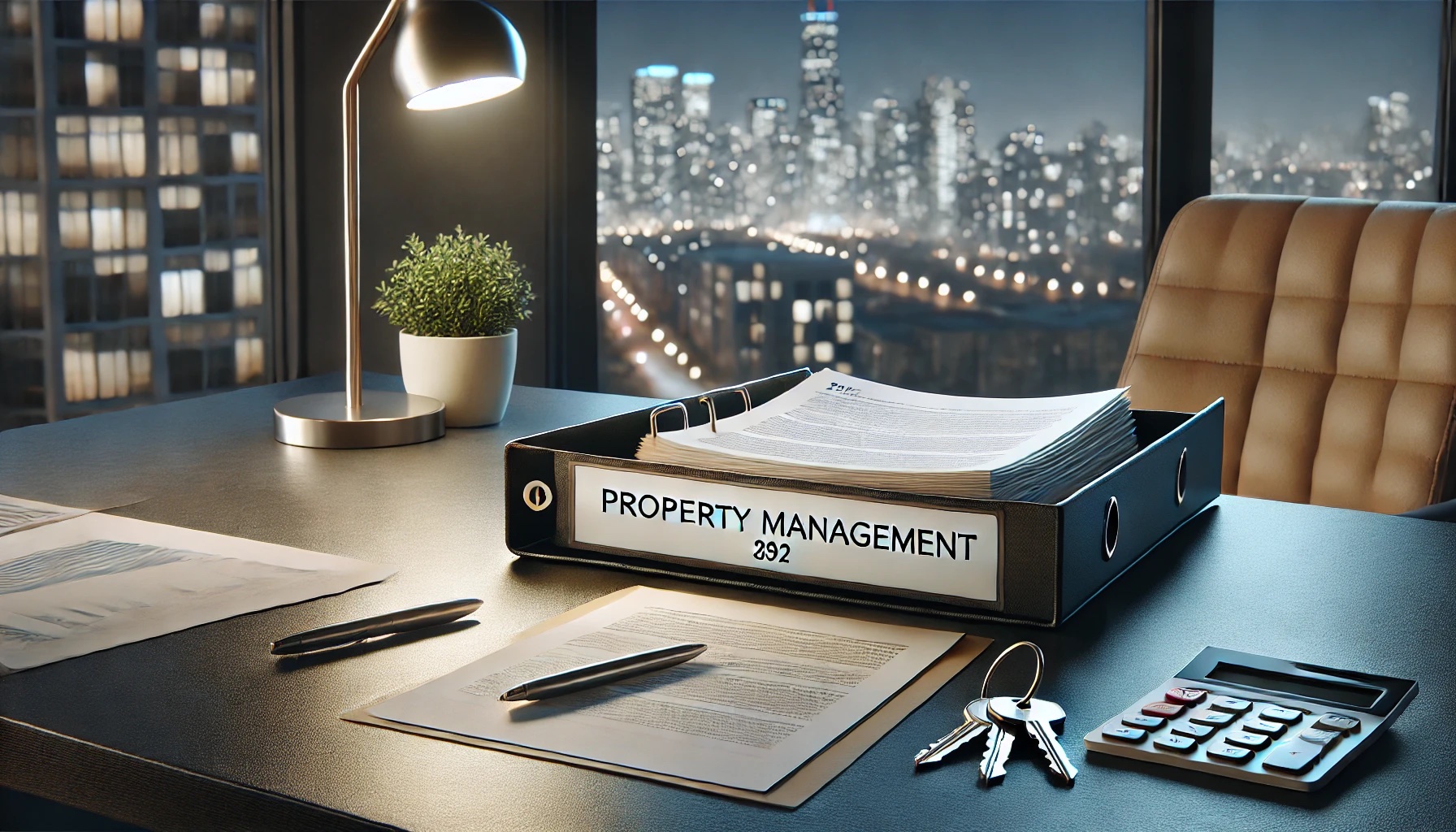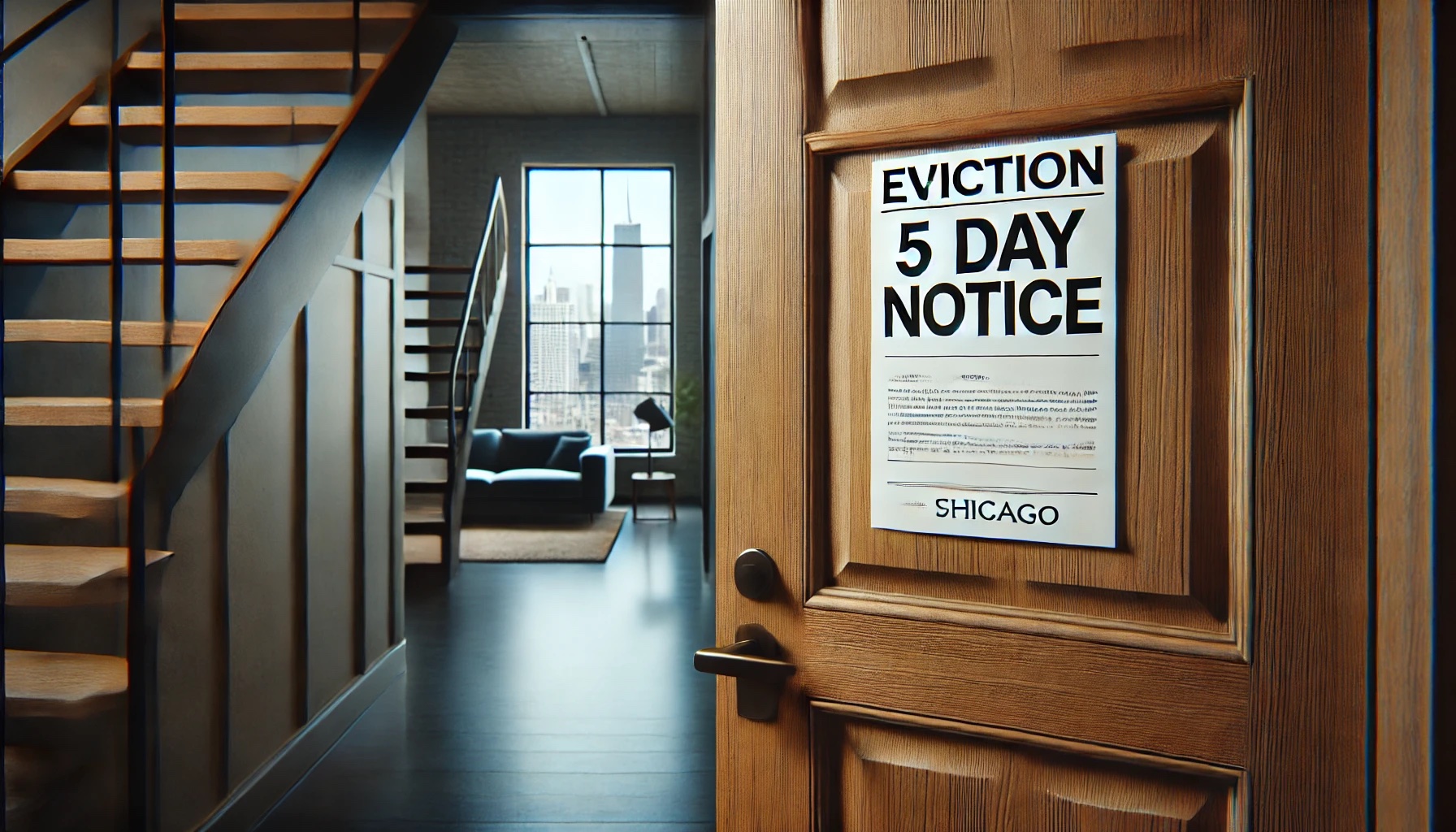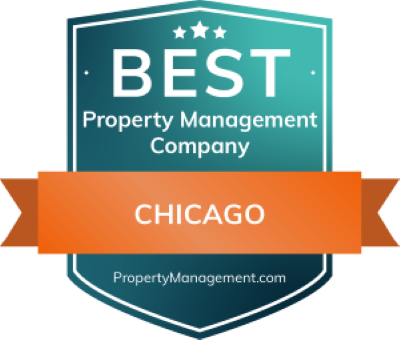There is more to the price of hiring a property manager than just the fixed monthly fee. I previously answered a question that we hear all of the time “How Much Does It Cost to Hire a Property Manager in Chicago?,” but I want to get more specific about the fees that go along with this.
Without understanding the structure of property management fees and what they are for, it can seem overwhelming. This blog will break down the common fees associated with property management services in Chicago, explaining each charge and what services you receive, helping you make informed decisions about your real estate investments, ask the right questions, and choose the best service for you.

1. Monthly Management Fee:
- What is it? The management fee is the core payment that covers the day-to-day management of your property. This fee is typically charged as a percentage of the monthly rental income collected from the property but is also sometimes seen as a flat fee (ie. $125/unit per month).
- What does it cover? Services include collecting rent, handling tenant communication (ie. inquiries, complaints, etc), coordinating repairs and maintenance, managing utility payments, and ensuring compliance with local regulations. These do vary from company to company so make sure you know what you’re getting and what you pay extra for.
- Average Monthly Fee: Typically ranges from 8% to 12% of the monthly rental income.
- Example: For a property renting at $2,000 per month, a management fee of 9% would equate to $180 per month.
- Factors Affecting the Fee:
- Property Type: More complex properties, like those with multiple units or high-maintenance features, may attract higher fees.
- Number of Properties: Owners with multiple properties may negotiate lower rates due to bulk business. However, you typically need quite a bit of volume to experience efficiencies of scale on the management side. For example, the odds of both units in a two flat having a maintenance request at the same time are rare.
Location: Properties located in areas that have proven to require more of a hands on management approach may demand for a higher management fee.

2. Onboarding Fee (Startup Fee):
- What Is It? The onboarding fee, also known as a startup fee, is a one-time charge levied by property management companies when a new client signs up for their services. This fee is intended to cover the initial administrative and setup costs associated with adding a new property to the company’s management portfolio.
- Average Fee: This fee typically ranges from $300 to $500, depending on various factors including the level of service provided.
- What Does It Cover?
- Administrative Setup: Includes setting up owner and property profiles in the property management system, configuring account settings for reporting and financial tracking, and initiating any necessary third-party services.
- Initial Property Inspection: Conducting a detailed inspection of the property to assess its condition, determine necessary repairs or upgrades, and document its state before tenant occupancy.
- Documentation Preparation: Review of existing lease documentation, management agreements, and compliance checks with local housing regulations to ensure all paperwork is in order for seamless management.
- Tenant Transition: If there are existing tenants, this fee covers the costs of transitioning tenant files and leases from the previous management or the owner into the new system.
- Initial Consultations: Includes meetings and consultations with the property owner to align on management expectations, discuss strategies, and establish communication protocols.
- Factors Affecting the Fee:
- Scope of Services: The extent of initial services required can influence the fee. Comprehensive packages including high-detail inspections, advanced software setups, and extensive tenant screening processes necessitate a higher fee.
- Property Details: The size, location, and condition of the property affect the amount of work required in the onboarding process, thus impacting the fee.
Market Standards: Local market conditions and standard practices in the Chicago area also play a crucial role in determining the fee structure.

3. Leasing Fee:
- What is it? Also known as a tenant placement fee, this charge applies when the property manager secures a new tenant for your property.
- What does it cover? This fee covers the costs of marketing your property, screening tenants, executing lease agreements, and coordinating move-in processes. It compensates for the time and resources spent ensuring your property is leased to a qualified tenant as efficiently as possible.
- Average Monthly Fee: Typically, in our market, we most commonly see companies charging one month's rent for each new tenant placed.
- Example: For a rental priced at $2,000 per month, a typical leasing fee would be $2,000, applied once when a new tenant is secured.
- Factors Affecting the Fee:
- Rental Price: Higher-priced rentals may see a proportional increase in leasing fees.
- Location: In other parts of the US, the leasing fee may be as little as 50% of one month’s rent.

4. Renewal Fee:
- What is it? Charged when a tenant renews their lease, this fee is for the administrative work involved in securing a lease renewal, which helps maintain tenant stability and reduces vacancy rates.
- What does it cover? The renewal fee covers market research (ie. running comparables), negotiations with current tenants, updating lease terms, and processing the new lease agreement.
- Average Monthly Fee: This can be found as a range from 25% to 50% of one month’s rent and also a flat fee (ie. $399 per lease renewal)
- Example: If the monthly rent is $2,000, a renewal fee might be $500 (25% of one month's rent), charged when a tenant renews their lease.
- Factors Affecting the Fee:
- Lease Duration: Longer leases might reduce the frequency of renewal fees.

5. Maintenance Fee:
- What is it? Some property management companies charge a separate fee to manage or coordinate repairs and maintenance.
- What does it cover? This can include the arrangement of regular maintenance checks and the coordination of repairs as needed. It ensures that all property upkeep is handled professionally, preserving the value of your investment and keeping tenants satisfied.
- Average Monthly Fee: This is often a 10% to 15% markup on the actual cost of repairs and maintenance.
- Example: If a repair costs $100, a property management company may charge $110 to $115, including their markup.
- Factors Affecting the Fee:
- Age of Property: Older properties may require more frequent and extensive maintenance.
- Quality of Construction: Higher-end materials may reduce maintenance frequency but increase individual costs when needed.

6. Late Fees:
- What is it? Property managers may collect the late fees charged to tenants as additional compensation for the extra work involved in managing late payments.
- What does it cover? The late fees cover the increased administrative efforts required to chase down late payments and enforce lease terms.
- Average Monthly Fee: This is not a monthly charge but is applicable each time a tenant pays rent late.
- Example: If a tenant's monthly rent is $2,000 and the late fee is $50, the property management company would then collect the $50 as income to the company, rather than the landlord.
- Factors Affecting the Fee:
- Lease Terms: The amount of the late fee is outlined in the tenant’s lease agreement.
- Tenant Payment Behavior: The frequency of late payments will affect how often late fees are collected. Properties with a higher incidence of late payments will see more frequent collections of this fee.
- Local Laws: Regulations in some areas may cap the amount that can be charged as a late fee, which would in turn limit how much is collected.

7. Eviction Fee:
- What is it? If an eviction becomes necessary, some managers charge a separate fee to handle the process.
- What does it cover? This fee includes filing the necessary legal documents, representing the property owner in court, and coordinating with law enforcement to carry out the eviction process if needed.
- Average Monthly Fee: Not typically a monthly fee but can be considered on a case basis; usually involves a flat fee plus actual legal costs, which can range from $500 to $1,000 or more.
- Example: If evicting a tenant, the property management might charge $750 as a flat rate plus any court costs and attorney fees incurred.
- Factors Affecting the Fee:
- Local Regulations: Legal fees and processes can vary significantly depending on local laws.
- Tenant Screening: Initial tenant screening quality can affect the likelihood and frequency of evictions, impacting how often eviction fees are incurred.
I hope this helps you make an informed decision as you speak to property management companies about potentially hiring their services. A property management company's fees should be straightforward and justified, reflecting the true cost of high-quality property management services. They should provide value that exceeds the cost by optimizing your property's profitability and maintaining excellent tenant relationships!
If you are looking for property management services in Chicago or advice for your property contact Landmark Property Management today to learn more about how we can help you achieve your real estate investment goals!







